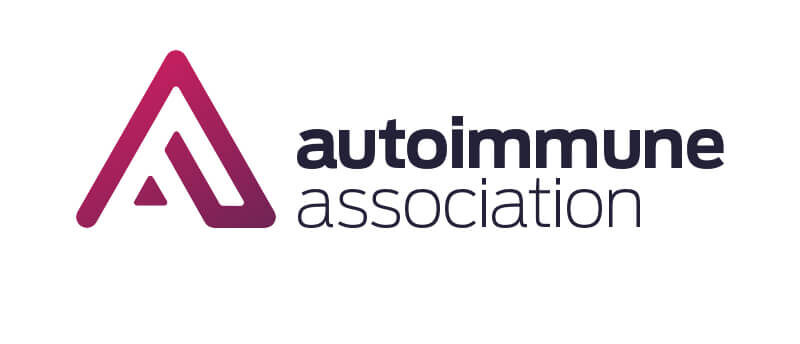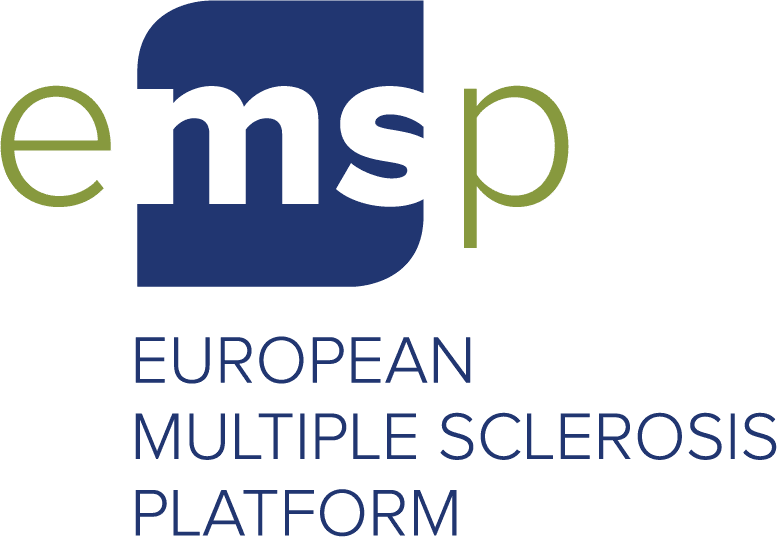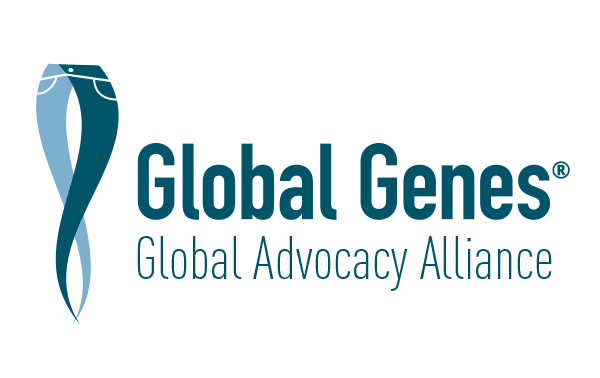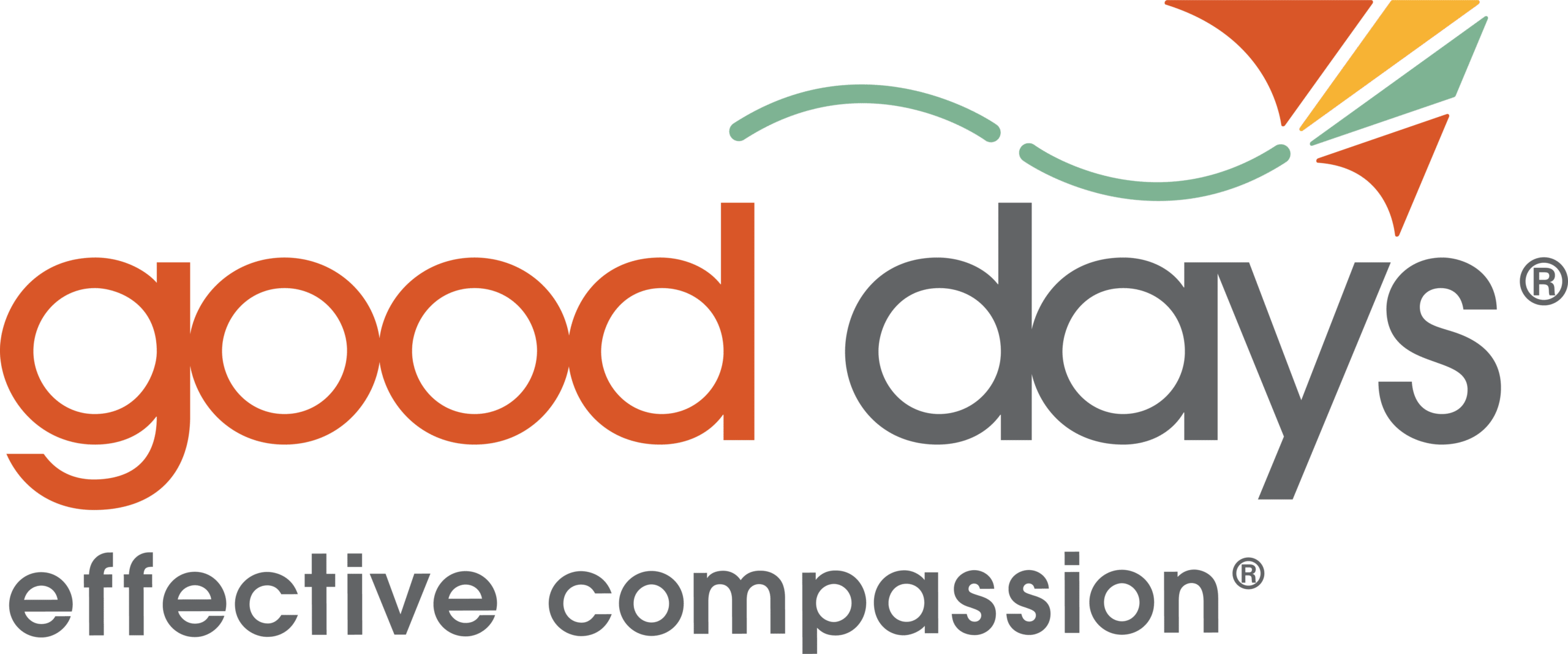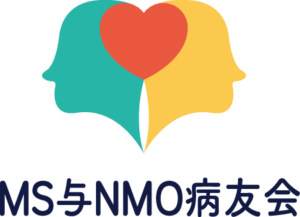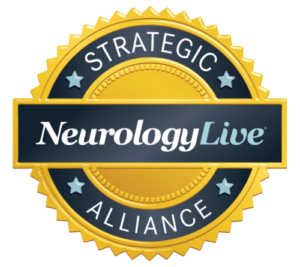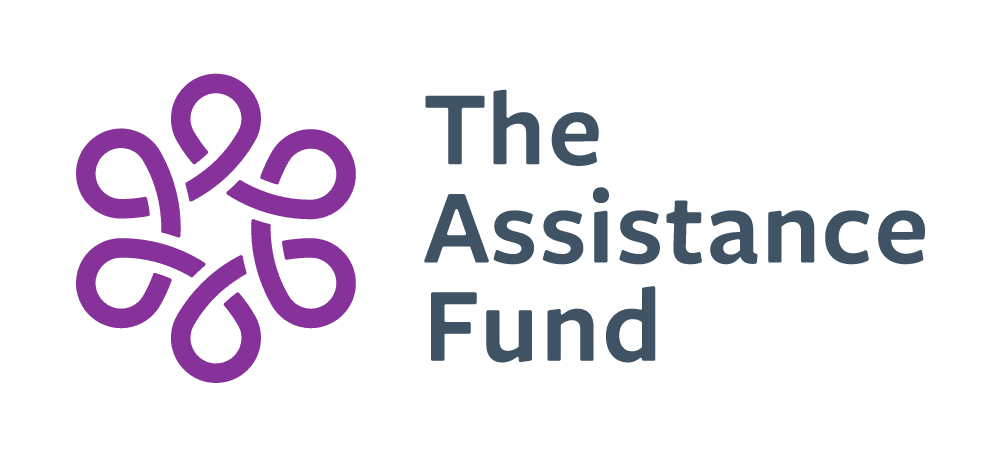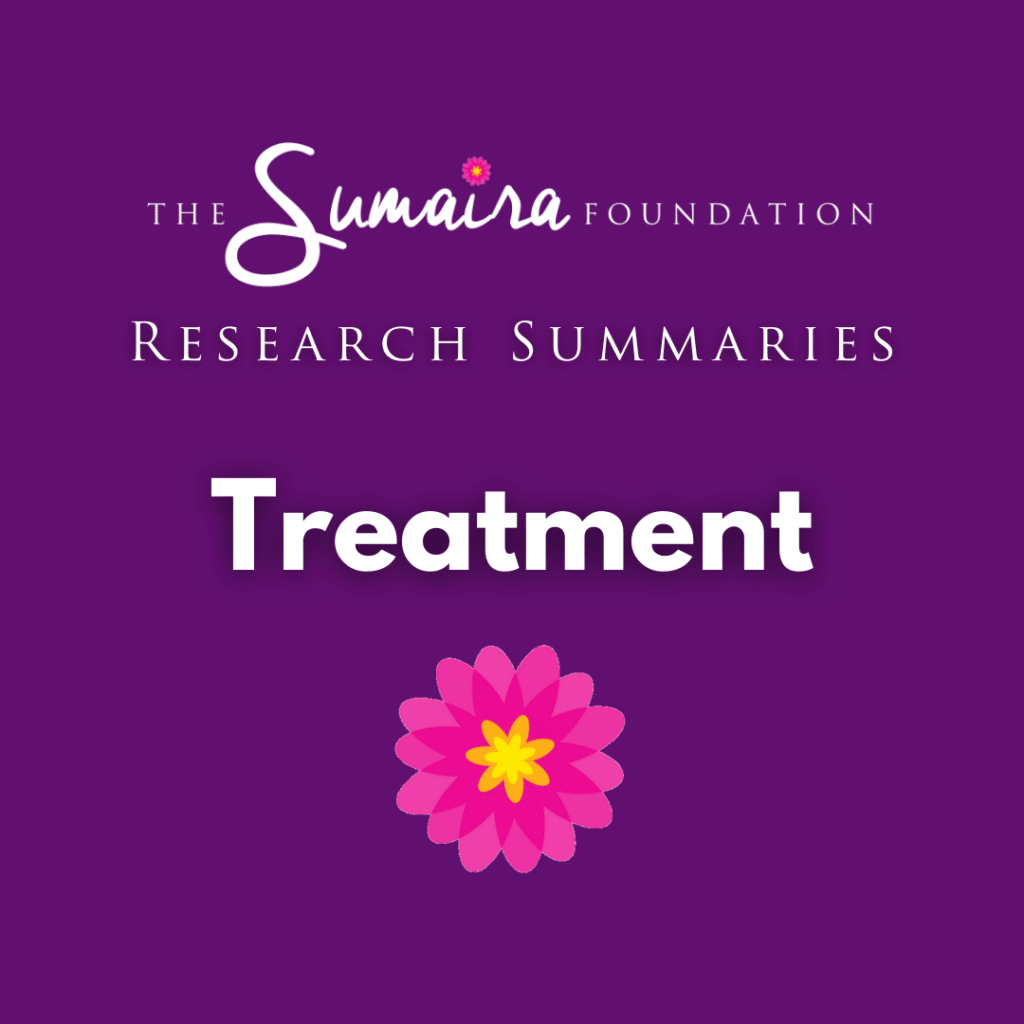
Update on the diagnosis and treatment of neuromyelitis optica spectrum disorders (NMOSD) – revised recommendations of the Neuromyelitis Optica Study Group (NEMOS). Part II: Attack therapy and long-term management
Journal: Journal of Neurology; September 7, 2023
Author(s): Tania Kümpfel, Katrin Giglhuber, Orhan Aktas, Ilya Ayzenberg, Judith Bellmann-Strobl, Vivien Häußler, Joachim Havla, Kerstin Hellwig, Martin W Hümmert, Sven Jarius, Ingo Kleiter, Luisa Klotz, Markus Krumbholz, Friedemann Paul, Marius Ringelstein, Klemens Ruprecht, Makbule Senel, Jan-Patrick Stellmann, Florian Then Bergh, Corinna Trebst, Hayrettin Tumani, Clemens Warnke, Brigitte Wildemann, Achim Berthele; Neuromyelitis Optica Study Group (NEMOS)
Updated recommendations for immediate attack treatment and long-term management of NMOSD
A group of experts called the neuromyelitis optica study group (NEMOS; see www.nemos-net.de) was founded in 2008 in the US to broaden the understanding of NMOSD and similar but distinct disorders, such as MOGAD. This paper, part 2 of 2, provides recommendations for NMOSD management considering the current available research and therapies.
The recommendations provided in the paper cover both aquaporin-4 (AQP4) seropositive (antibodies detected) and seronegative (antibodies not detected) NMOSD, including
- How to treat attacks
- How to prevent attacks
- Specific therapies based on mechanisms of action
- Classical immunosuppressants, namely, azathioprine, mycophenolate mofetil, low-dose oral glucocorticoids
- B Cell depletion therapies, namely, rituximab, inebilizumab,
- Complement inhibition therapies, namely, eculizumab, ravulizumab
- Interleukin-6 receptor blockade, namely, tocilizumab, satralizumab
- Other interventions such as stem cell therapy
- Ineffective and not recommended treatments
- Recommendations for double sero-negative NMOSD
- Sequencing and switching between therapies
- Decisions regarding therapy duration, pregnancy management, vaccination, and future therapies
Free Access: Full text







